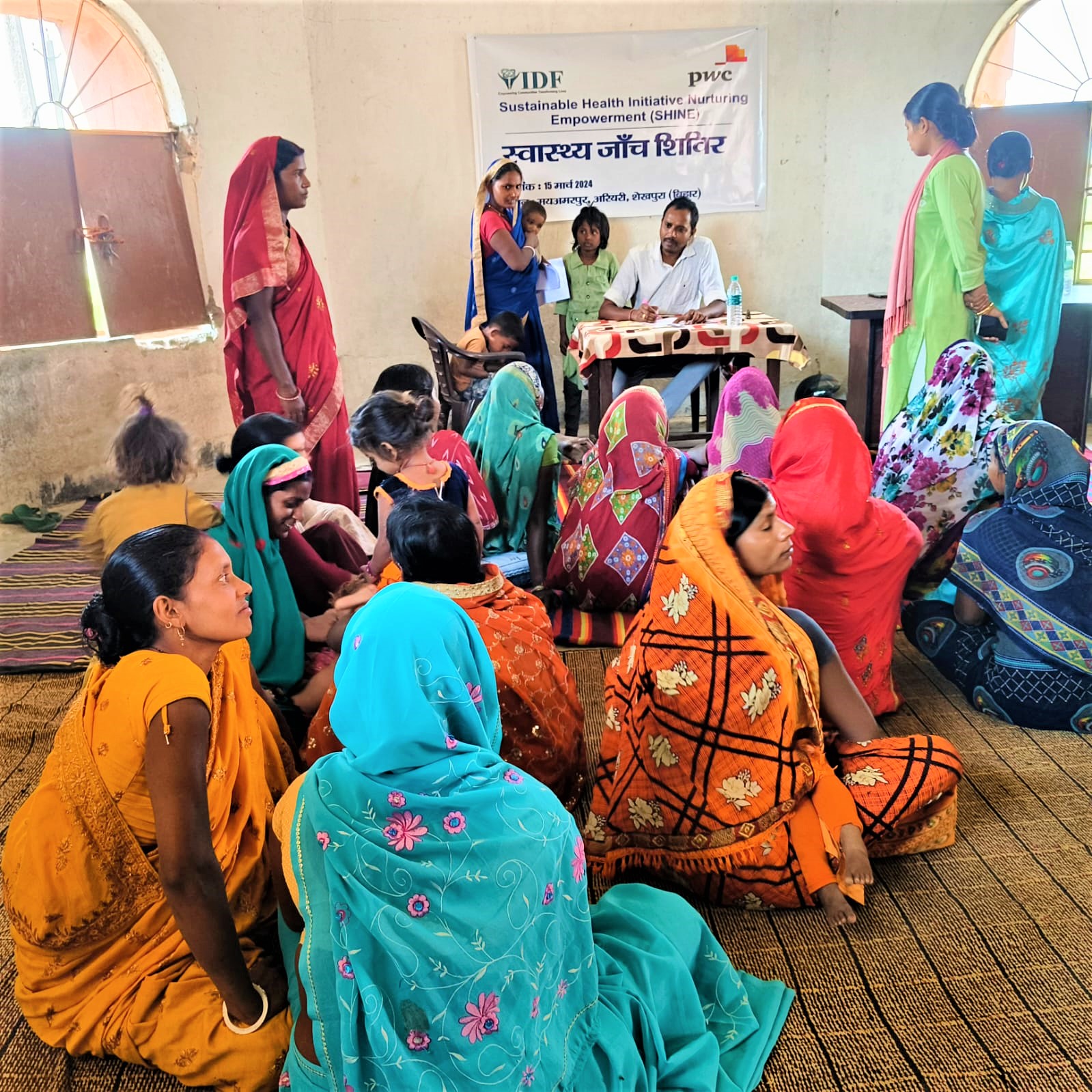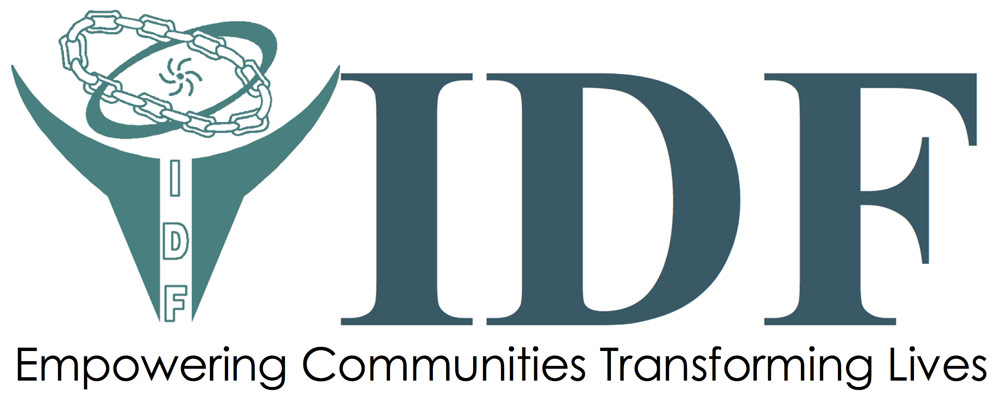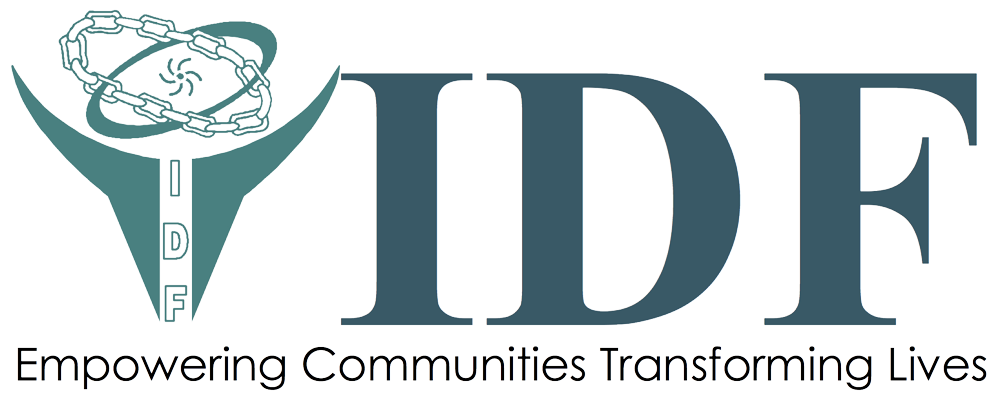Sustainable Health Initiative Nurturing Empowerment (SHINE)
Project : Sustainable Health Initiative Nurturing Empowerment (SHINE)
Donor : Pricewaterhouse Coppers Foundation
Location : Ariyari Block, Sheikhpura, Bihar
Outreach : Biha 9500 targeted populations, including children, adolescents, pregnant women, and lactating women, living in 10 villages throughout 3 panchayats in the Ariyari blocks of the Sheikhpura district are directly benefitted in the program.
Project Brief :
The Sustainable Development Goals Index 2019-20 shows India’s sluggish performance on SDG 2 (Zero Hunger by 2030). India’s composite score on SDG 2 was the lowest amongst all the SDGs, indicating the need for robust policies and initiatives to end hunger in the country. India ranks 94 out of 107 countries in the 2020 Global Hunger Index, with 14 percent of the population being undernourished.
Malnutrition in Bihar is a significant public health issue. The state faces high rates of stunting, underweight, and wasting among children, along with poor nutritional outcomes for women,
particularly during pregnancy and lactation. It’s high time to take pro-active measure which can provide a localized sustainable solution. A solution which not only cater the problem at hand but also provide a long-term solution to the community and system to withstand this menace.
Considering the existing challenges, Sustainable Health Initiative Nurturing Empowerment (SHINE) has been conceptualized to develop an integrated program foc
using on first 1000 days, promoting health and wellbeing of pregnant and lactating mothers to reduce maternal and child morbidity, mortality and malnutrition in Ariyari block of Sheikhpura.
Sustainable Health Initiative Nurturing Empowerment (SHINE) approach includes:
- To improve pregnancy outcomes and thereby reduce infant morbidity and mortality and to improve the nutritional status of children between 0 to 6 years.

- To improve Infant and Young Child Nutrition (IYCN) indicators in the targeted intervene areas.
- Promotion of Healthy pregnancy by providing education on Antenatal care, postnatal care and family planning methods.
- Monitoring and tracking of protein intake for pregnant mothers for reducing weak new born babies.
- Anthropometric screening for children from 0 to 3 years for identification of Severely Acute Malnourished (SAM) and Moderate Acute Malnourished (MAM) children.
- Referral and admission of complicated SAM/MAM cases to Nutrition Rehabilitation Centres (NRC).
- Treatment of uncomplicated SAM/MAM cases through Community Based Management of Acute Malnutrition (CMAM) approach.
- Counselling on appropriate feeding practices and follow-up of discharged Children by creating database of their feeding practices and social & economical background.
- A key component of the program is also to have well-functioning Anganwadi centres, which act as a pivot around which the entire program functions. Infrastructure of these centres especially in areas such as refurbishment, flooring, roofing, and kitchen and sanitation facilities is thus of importance in SHINE program.

